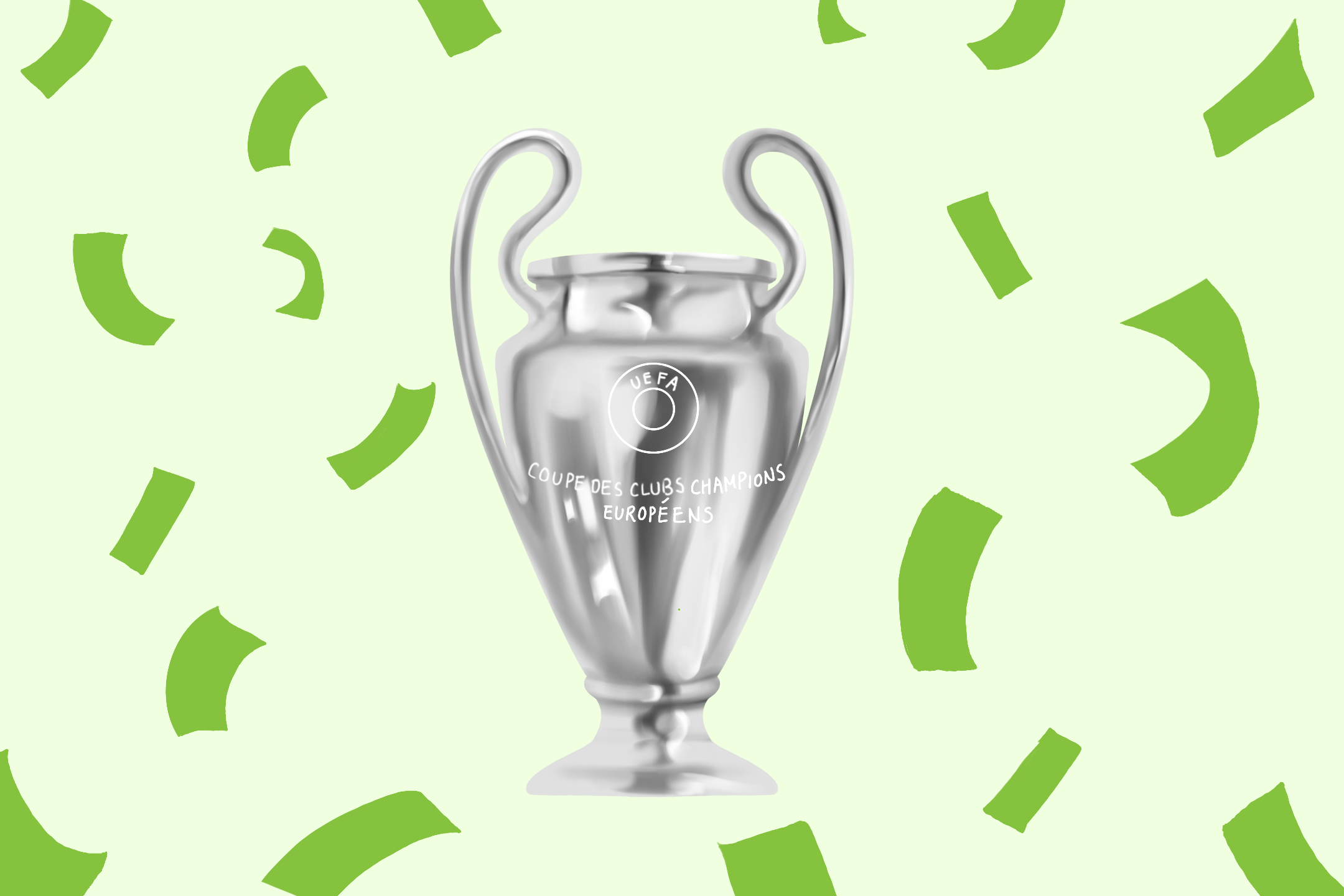The 2024–2025 season of Europe’s premier club football tournament introduced a new UEFA Champions League (UCL) format, replacing the group stages with a league stage.
The UCL is football’s most coveted club competition — as well as its most popular — with an estimated 450 million viewers watching Real Madrid defeat Borussia Dortmund in the final last season on June 1. As a Barcelona fan, I was sadly one of those 450 million.
The new league stage places teams in the same standing, with each team playing against eight others. The UCL also now features four extra teams, bringing the total up to 36 from 32.
The changes to the UCL format have sparked controversy, with critics arguing that they harm European football culture and force players to endure more games at the expense of their health — all in the name of increasing revenue.
How the new format works
Since 1960, the UCL has featured 32 teams. Until last season, the competition consisted of five rounds: the group stages, round of 16, quarterfinals, semifinals, and final. The group stages consisted of eight groups, with four teams per group. Each team in a group played the others twice, home and away, with the top two teams advancing to the knockout stages.
Now, the new format is referred to as a “Swiss model”. All 36 teams are placed in the same standing, with each team playing against eight others — four at home and four away.
At the end of the league stage, the top eight teams will automatically advance to the round of 16. Teams ranked ninth to 24th will enter a two-legged playoff round, with the winner of each matchup also advancing to the round of 16. The ninth- to 16th- ranked teams are seeded, and will play the second leg at home against the 17th- to 24th- ranked teams.
The bottom 12 teams at the end of the league phase are automatically eliminated while the rest of the tournament, from the round of 16 onward, remains unchanged from the previous UCL format.
Overall, this new format has increased the number of games from 96 in the old group stage to a new 144, with every team playing at least two additional games.
UEFA Mafia
UEFA has recently begun commercializing the sport at the expense of its players and football culture. For example, the organization introduced the Nations League in 2018 — an international European tournament that replaced exhibition matches — to increase viewership and sell more profitable broadcasting rights for international matches.
To me, this format change is no exception. UEFA expects to generate over $1.7 billion in revenue this season, primarily from broadcasting rights which have risen due to the additional games. The operating fund of the competition has also increased by almost $600 million from last season, bringing the total to over $3.5 billion, which will be distributed among teams based on their performance in the competition.
UEFA’s official website states that the new format is designed to “increase the number of meaningful matches… throughout the competition.”
In other words, the new format is designed to line the pockets of UEFA executives and club shareholders under what I see as the guise of being “more meaningful” matches. Instead, we are left with an overly complicated system that includes unnecessary league stage and playoff matches. I believe this overloads fans with UCL games and lessens the importance of domestic European leagues, which erodes Europe’s traditional football culture.
Injuries, more injuries
An even more problematic issue I see is UEFA cramming more games into players’ schedules.
ESPN reported that this season will be the longest club campaign in football history, mainly due to the expansion of the FIFA Club World Cup to feature 32 teams, up from the previous seven. The UEFA Nations League has also contributed to longer seasons by increasing the number of international games teams play each year.
These added games have caused the football community’s widespread condemnation for being harmful and exhausting to players. Manchester City midfielder and 2024 Ballon D’Or winner Rodri suggested players should go on strike to protest the excessive number of games, only to tear his anterior cruciate ligament six days later on September 27.
Real Madrid defender Dani Carvajal, who claimed at the beginning of the season that “we can’t play 72 games [in a season],” saw his season cut short after suffering two torn ligaments and a tendon injury in an October match. UEFA’s greedy new UCL format seems to me like another step toward prioritizing profits over players’ health.
“[The new format] will make a more unpredictable and more interesting competition” UEFA President Aleksander Ceferin claimed. I agree that the new format is making things more unpredictable — for all the wrong reasons.



No comments to display.